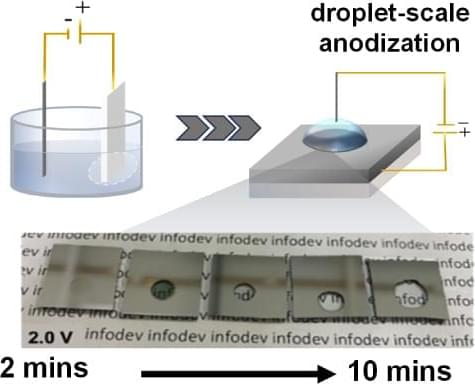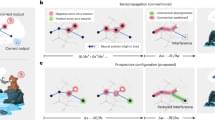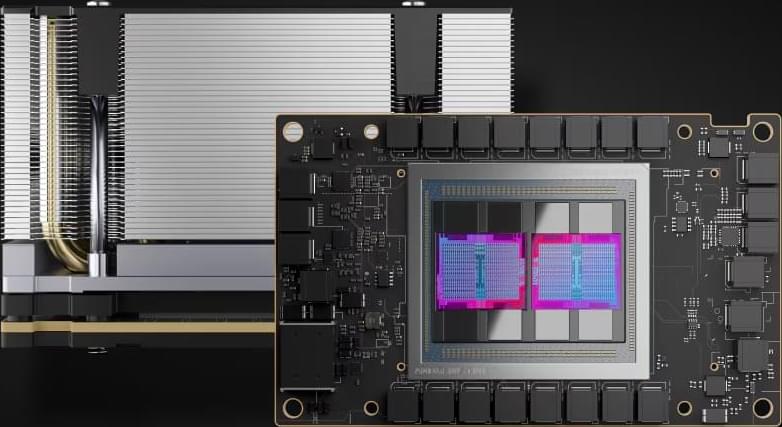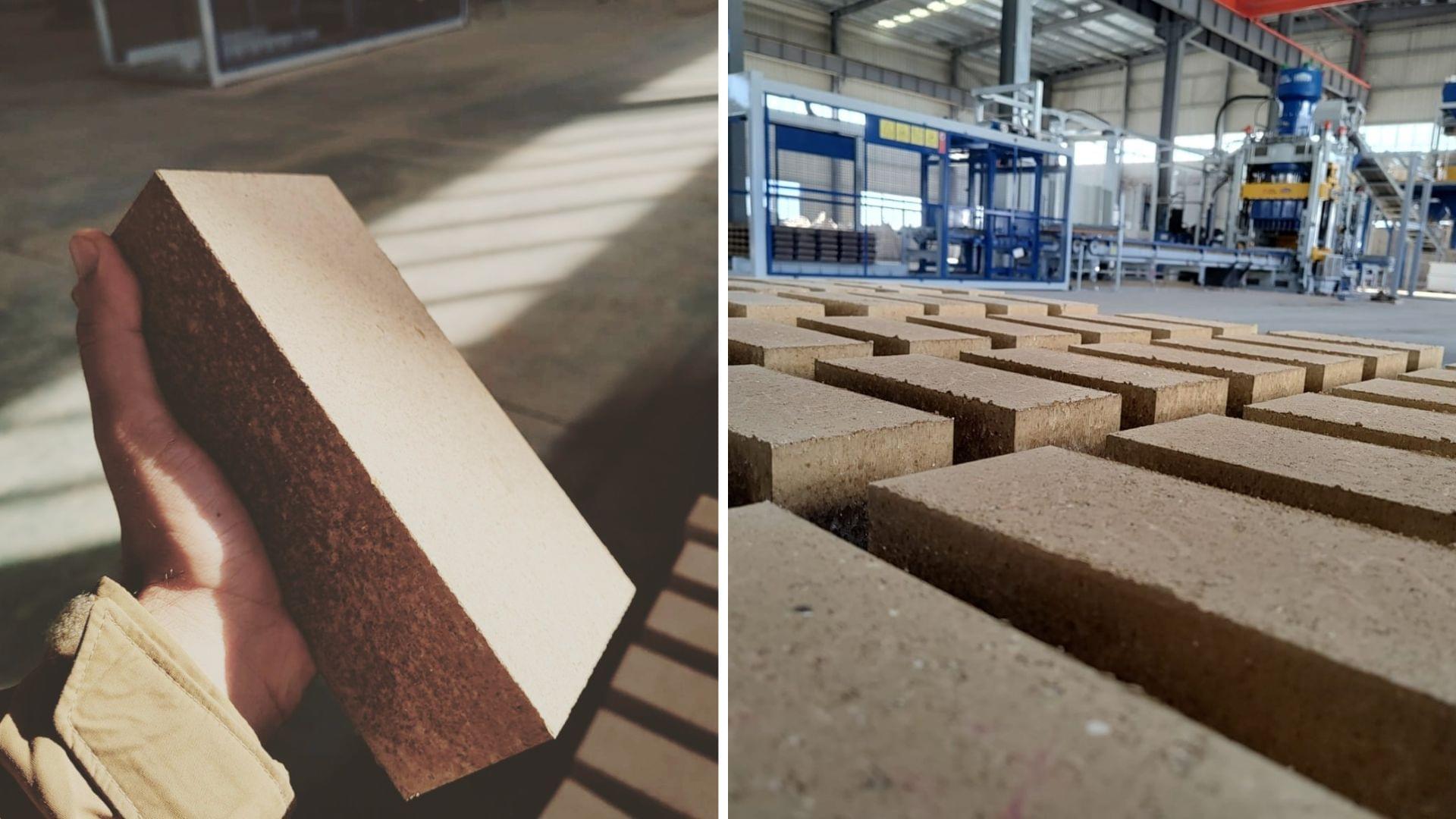A landmark study of over 4,200 adults across 34 global populations just rewrote the rules on metabolism and weight gain.



Transparent aluminum oxide (TAlOx), a real material despite its sci-fi name, is incredibly hard and resistant to scratches, making it perfect for protective coatings on electronics, optical sensors, and solar panels. On the sci-fi show Star Trek, it is even used for starship windows and spacefaring aquariums.
Current methods of making TAlOx are expensive and complicated, requiring high-powered lasers, vacuum chambers, or large vats of dangerous acids. That may change thanks to research co-authored by Filipino scientists from Ateneo de Manila University.
Instead of immersing entire sheets of metal into acidic solutions, the researchers applied microdroplets of acidic solution onto small aluminum surfaces and applied an electric current. Just two volts of electricity—barely more than what’s found in a single AA household flashlight battery—was all that was needed to transform the metal into glass-like TAlOx.

Rumelhart, D., Hinton, G. & Williams, R. Learning representations by back-propagating errors. Nature 323, 533–536 (1986). https://doi.org/10.1038/323533a0





Fable, a San Francisco-based startup, has created a new streaming service called Showrunner, which is touted as «Netflix with AI». Its main feature is that viewers can create scenes or entire episodes for TV shows from scratch — using simple text prompts for artificial intelligence. The idea may seem dubious, but a tech giant like Amazon believed in the project’s potential and invested an undisclosed amount in Fable and the development of streaming.
Showrunner currently operates in closed alpha version with 10,000 users (another 100,000 are on the waiting list) and offers two original «shows» — storyworlds with characters that users can direct into different narrative arcs.
The first, titled «Exit Valley», is described as a «Family Guy-style television comedy set in Sim-Francisco, poking fun at artificial intelligence leaders Sam Altman, Elon Musk, and others». Second, «Everything Is Fine», in which a husband and wife have a big fight while going to Ikea, and then are transported to a world where they are actually divorced and have to find each other.

Researchers at Microsoft tried to determine which precise jobs are most and least likely to be replaced by generative AI — and the results are bad news for anyone currently enjoying the perks of a cushy desk job.
As detailed in a yet-to-be-peer-reviewed paper, the Microsoft team analyzed a “dataset of 200k anonymized and privacy-scrubbed conversations between users and Microsoft Bing Copilot,” and found that the occupations most likely to be made obsolete by the tech involve “providing information and assistance, writing, teaching, and advising.”
The team used the data to come up with an “AI applicability score,” an effort to quantify just how vulnerable each given occupation is, taking into consideration how often AI is already being used there and how successful those efforts have been.
